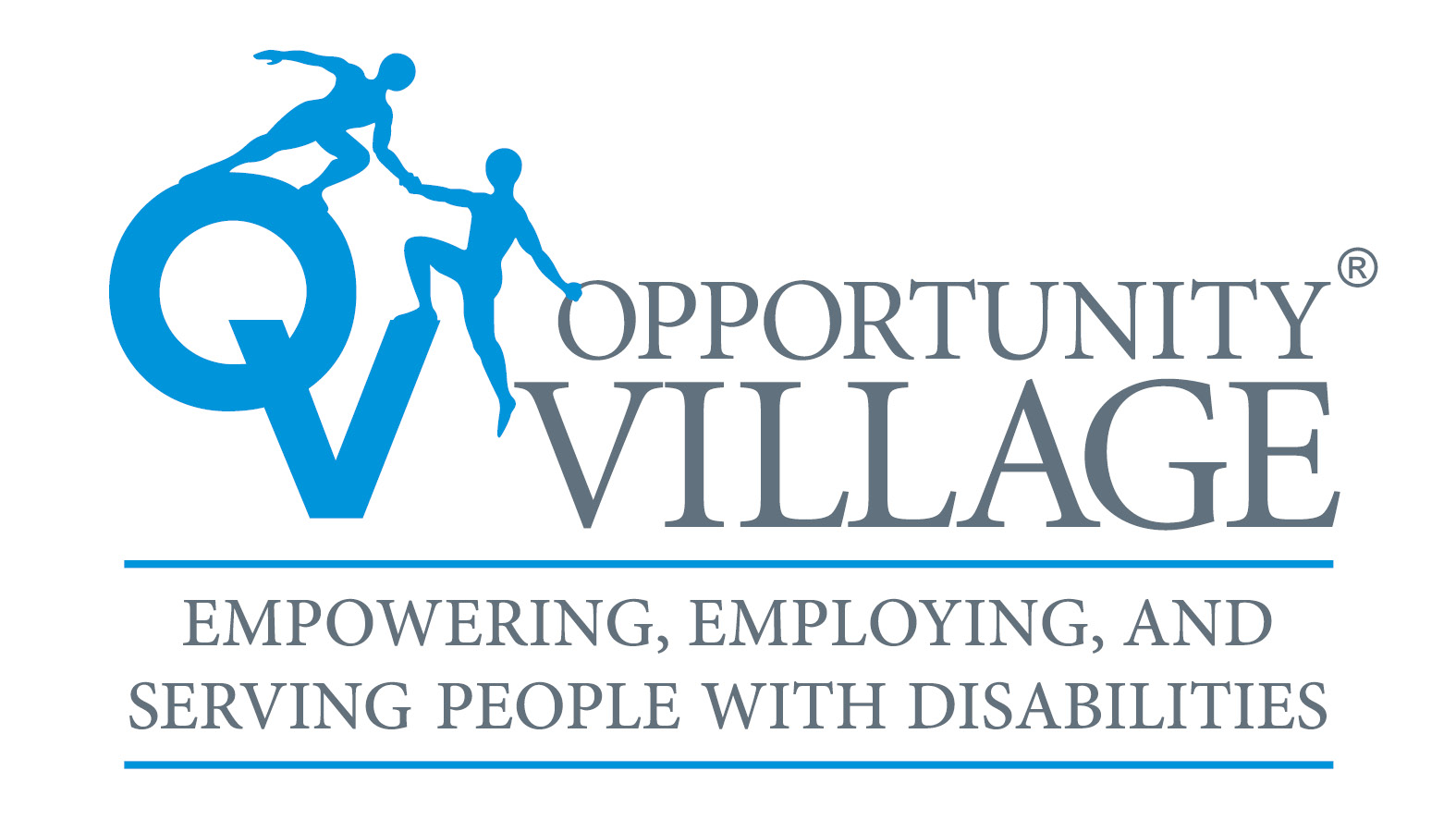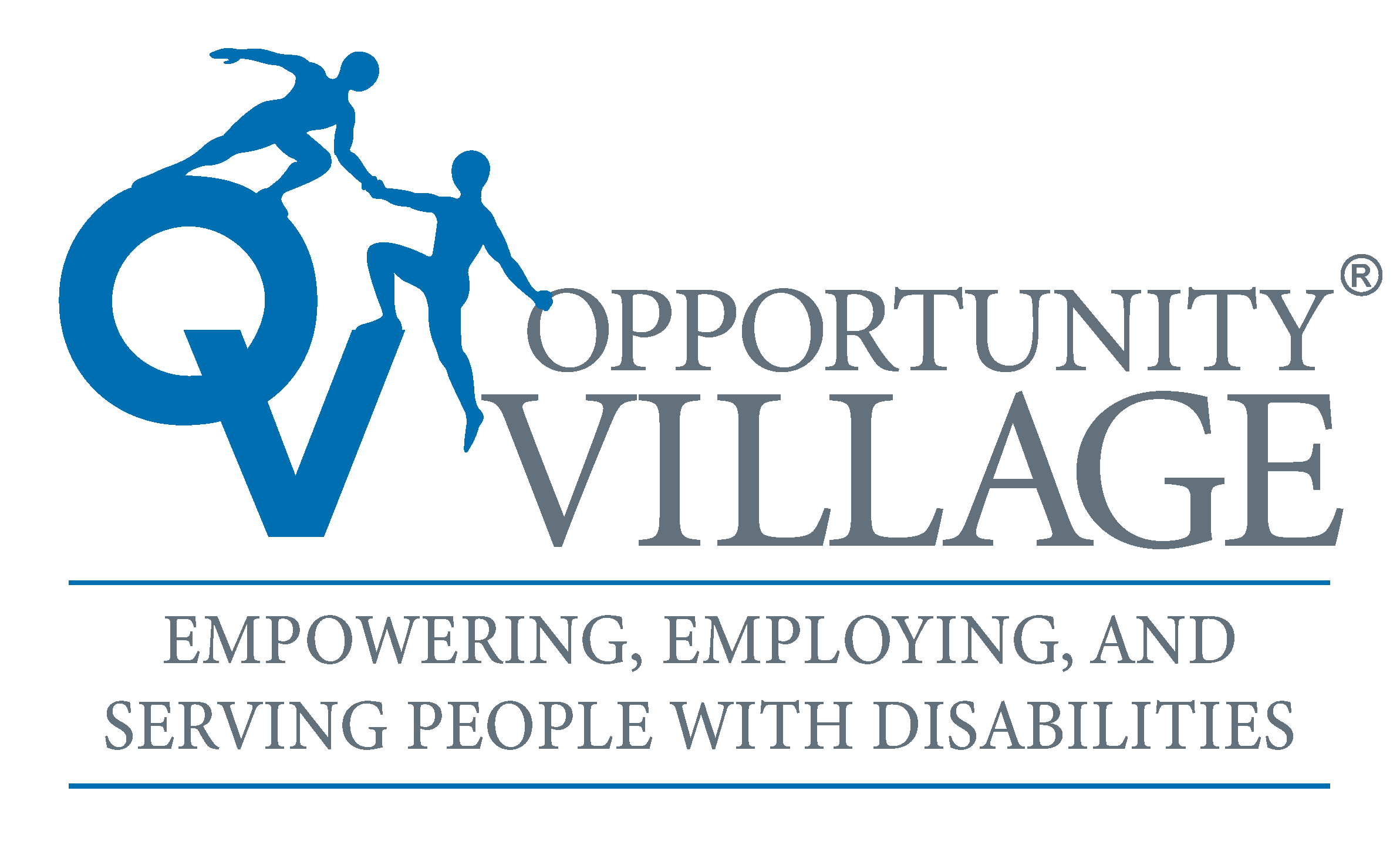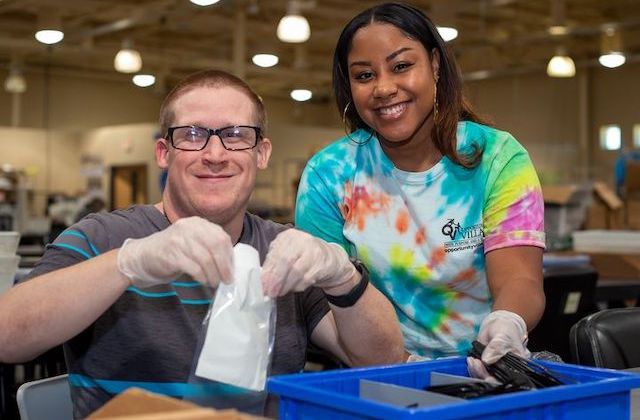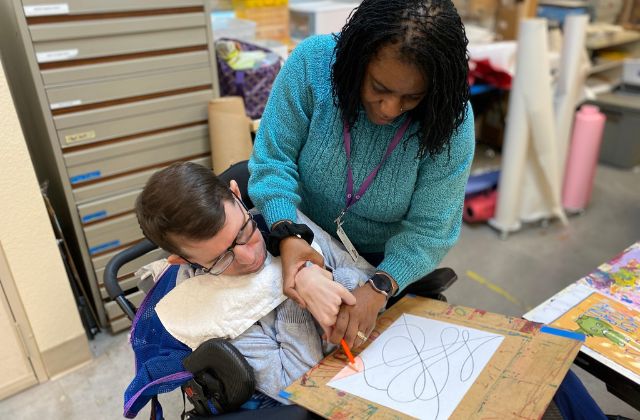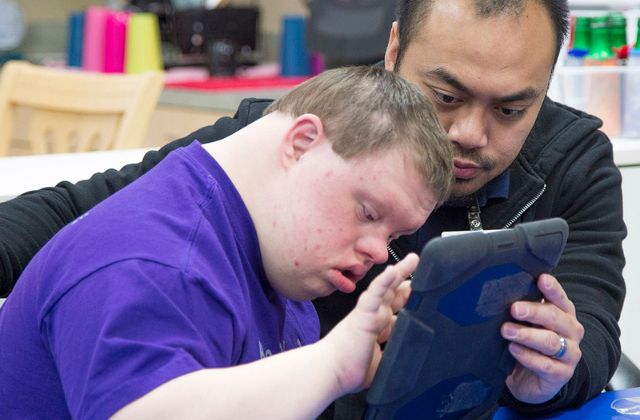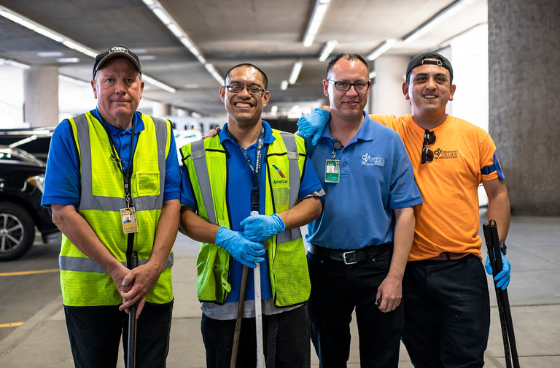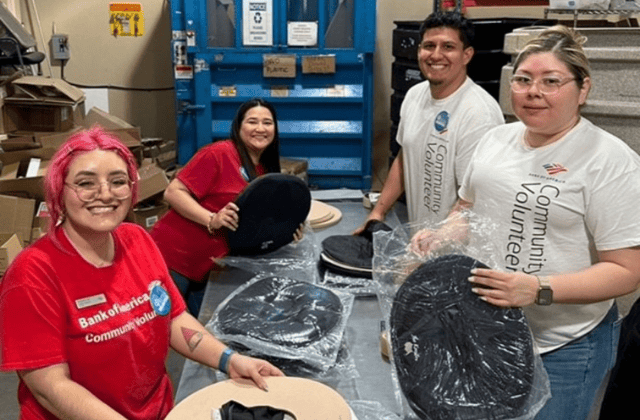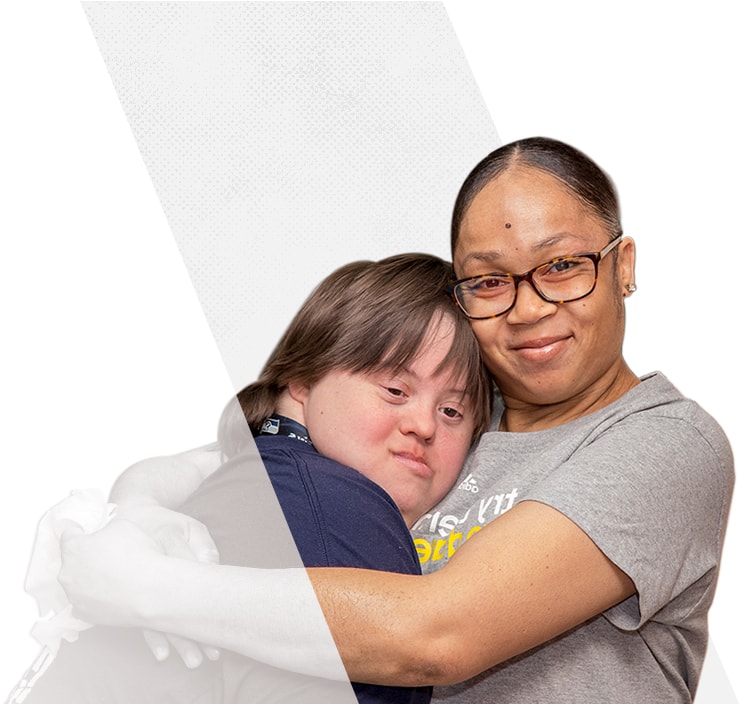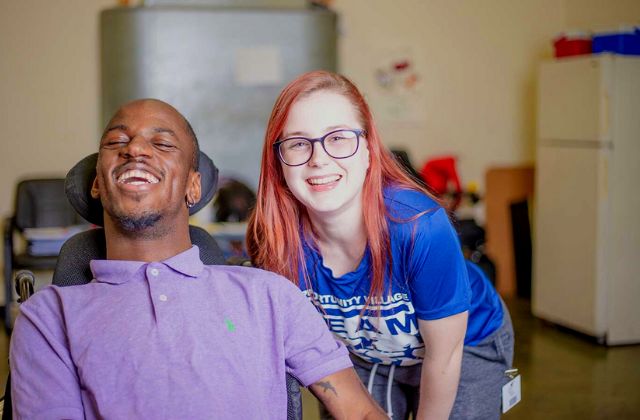
Do you want to make a real impact in your community? Want to do work that really matters? Are you looking to break away from the 9 to 5 and have a job with a lot of flexibility and diversity? Then becoming a Direct Support Professional may be the career move for you!
DSPs play a vital role in supporting individuals with disabilities to lead fulfilling lives and participate in their communities. Here’s everything you need to know about DSPs: what they do, and how to secure a great career in this role.
What Is a Direct Support Professional (DSP)?
A Direct Support Professional (DSP) is a person who provides direct care and support to people with disabilities. They assist individuals with intellectual and developmental disabilities, physical disabilities, and mental health challenges.
The role of a DSP is to help these individuals live more independently and enhance their quality of life.
DSPs assist with daily living activities such as grooming, household chores, and transportation. They work in a variety of settings that can include the individual’s home, a group home, or a community-based setting such as a day program.
What Does a Direct Support Professional Do?
The support needs of people with disabilities are highly individualized. So what a DSP does day-to-day varies based on the unique needs of the client.
In some roles, DSPs teach people with disabilities how to do things independently. In others, they complete tasks the individual cannot complete.
However, regardless of the unique client needs, there are common tasks that DSPs do including:
- Assist with daily living tasks such as bathing, dressing, and grooming
- Provide transportation to appointments and activities
- Administer medication and monitor its effects
- Prepare and serve meals
- Assist with housekeeping and laundry tasks
- Assist with communication and socialization
- Assist with community integration and participation in recreational activities
- Document daily progress and behaviors of individuals
- Respond to medical emergencies or crisis situations
The DSP works with the individual, their family, medical professionals, social workers, and several other professionals to help ensure that they are providing the support that best empowers the individual.
What Skills Do Direct Support Professionals Need?
HARD SKILLS
- CPR/First Aid
- Crisis Prevention Intervention
- Basic mathematical calculation skills
- The ability to communicate effectively (both written and verbally)
- The ability to read, analyze, and interpret documents including policy and procedure manuals, instructions, and other related documents
- The ability to write detailed instructions and correspondence
- The ability to effectively present information in one-on-one and group situations
SOFT SKILLS
- The ability to build collaborative relationships at all levels
- The ability to exhibit tact and diplomacy in sensitive situations
- The ability to define problems and draw valid conclusions
- The ability to interpret instructions and take initiative
- Must possess social discernment to assess and understand others’ reactions and behaviors
- Physical ability to lift and move boxes up to 50 pounds: and frequently bend, sit, stand, lift, and walk
- Ability to tolerate stress in crisis
Where Do Direct Support Professionals Receive Training?
If you are wondering how to become a DSP, there are basic requirements for the job including:
- High school diploma or equivalent.
- Current Cardiopulmonary Resuscitation (CPR) and First Aid Certification is required or the ability to supply certification within 30 days of hire
- Current Crisis Prevention Intervention (CPI) Certification or must be obtained within 90 days of hire.
Many jobs prefer a year of experience in health care, daycare, mental health, education, or a related field. However, it is not required.
As each DSP has a different set of roles and tasks they need to do to support their client, training is done on the job. Some clients may need a lot of medical support that requires specialized training. Other clients just need basic household support like laundry and grocery shopping, so training can also be very brief.
Who Do Direct Support Professionals Work With?
Disability impacts every community, so DSPs work with individuals with disabilities of all ages, from children to older adults with a range of backgrounds.
Some work within a family home, supporting a child with specialized childcare tasks. While other DSPs may work at a day program with adults with a range of intellectual or developmental disabilities, physical disabilities, mental health challenges, or a combination of these.
Typically, when DSPs work with individuals, they are paired based on their bond. When DSPs work at community-based facilities, they are placed based on their skill set.
Where Do Direct Support Professionals Work?
There are a variety of settings where DSPs may work including:
- Group homes or residential care facilities
- Day programs or activity centers
- In-home care settings
- Vocational or employment training programs
- Schools or educational institutions
- Community-based settings, such as recreational centers or community centers
- Hospitals or medical facilities
- Assisted living facilities
- Nursing homes or long-term care facilities
- Rehabilitation centers
The specific settings where DSPs work will vary depending on the needs of the individuals they support and the organization they work with.
Should I Become A DSP?
Working as a DSP is a truly rewarding job. You spend your day making a difference in the lives of people in your community. If you are thinking about becoming a DSP, here are the most important personality traits:
- Compassionate
- Patient
- Flexible
- Great Communicator
- Attentive
- Reliable
- Creative
- Kind
Most of the important skills that are required to be a DSP truly come down to caring about the well-being, independence, and quality of life of the individuals and community you serve.
What Are The Advantages Of Working As A DSP?
Working as a DSP is a truly rewarding and fulfilling career choice. Here are some of the advantages of working as a DSP:
1. You make a difference by providing essential care and support to individuals with disabilities, helping them to lead fulfilling lives and participate in their communities.
2. You are able to build meaningful relationships with the individuals you support and their families.
3. You’ll have the opportunity to gain new skills and knowledge through training and professional development programs.
4. You’ll have the opportunity to work with individuals with a range of disabilities and in a variety of settings, providing opportunities for variety and diversity in your work.
5. DSPs often enjoy flexible schedules, which is ideal for parents, students, and people who aren’t interested in a 9 to 5.
6. DSPs are in high demand and there are many opportunities for job stability and advancement within the field.
Ready to enjoy these advantages from your job? Start your career as a DSP today!
How Do I Find Work As A DSP?
If you’re looking to find a job as a DSP, you’ve already taken the first step by learning what a direct support professional does. Next, you’ll need to acquire any missing skills. If you have the skills already, great! Visit our careers page. Opportunity Village is hiring for DSPs and can help you start the path on this fulfilling career.
